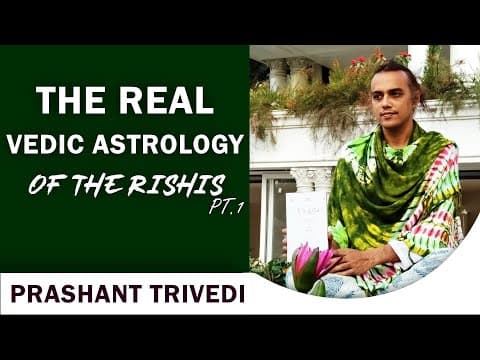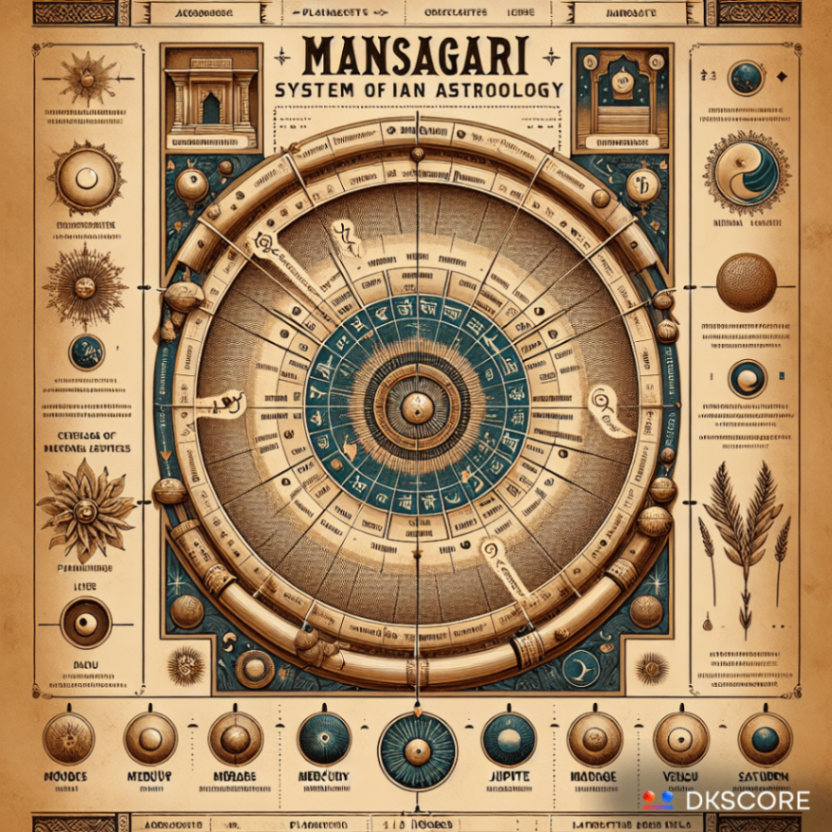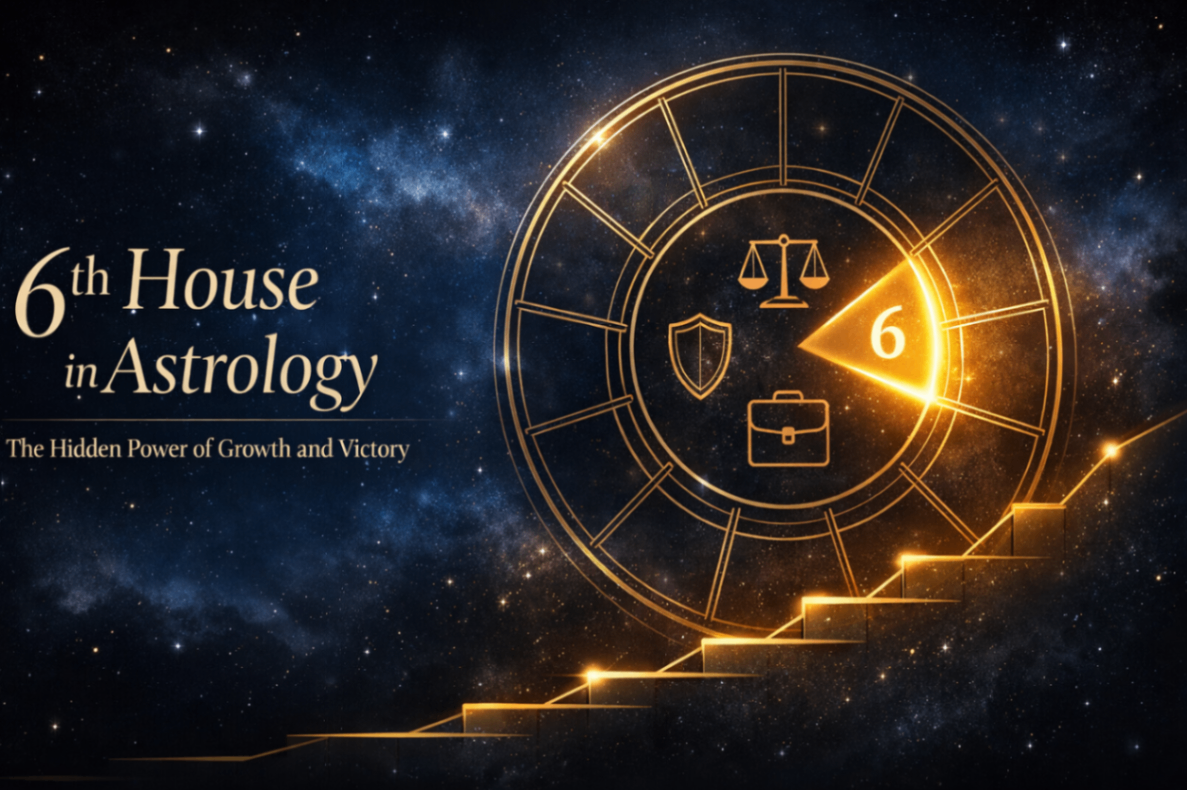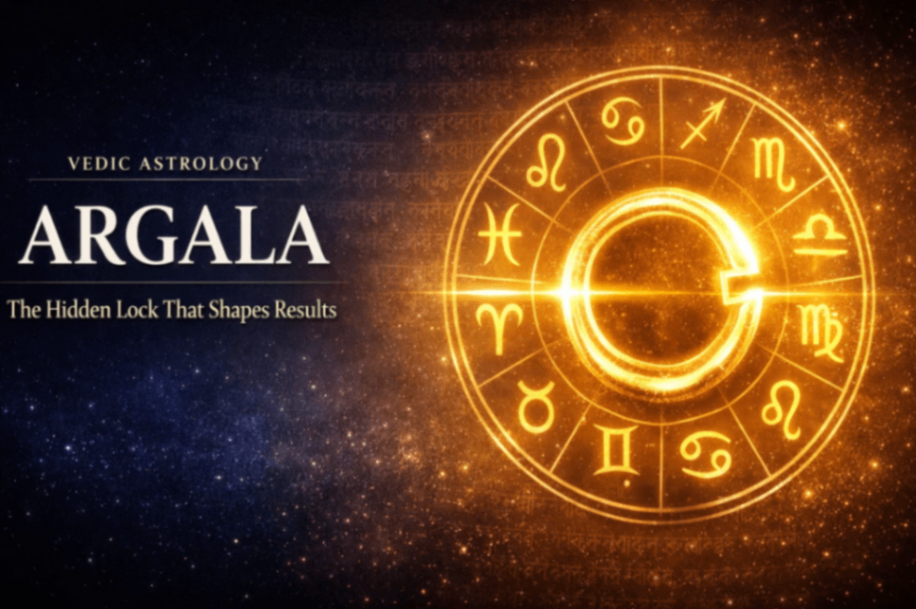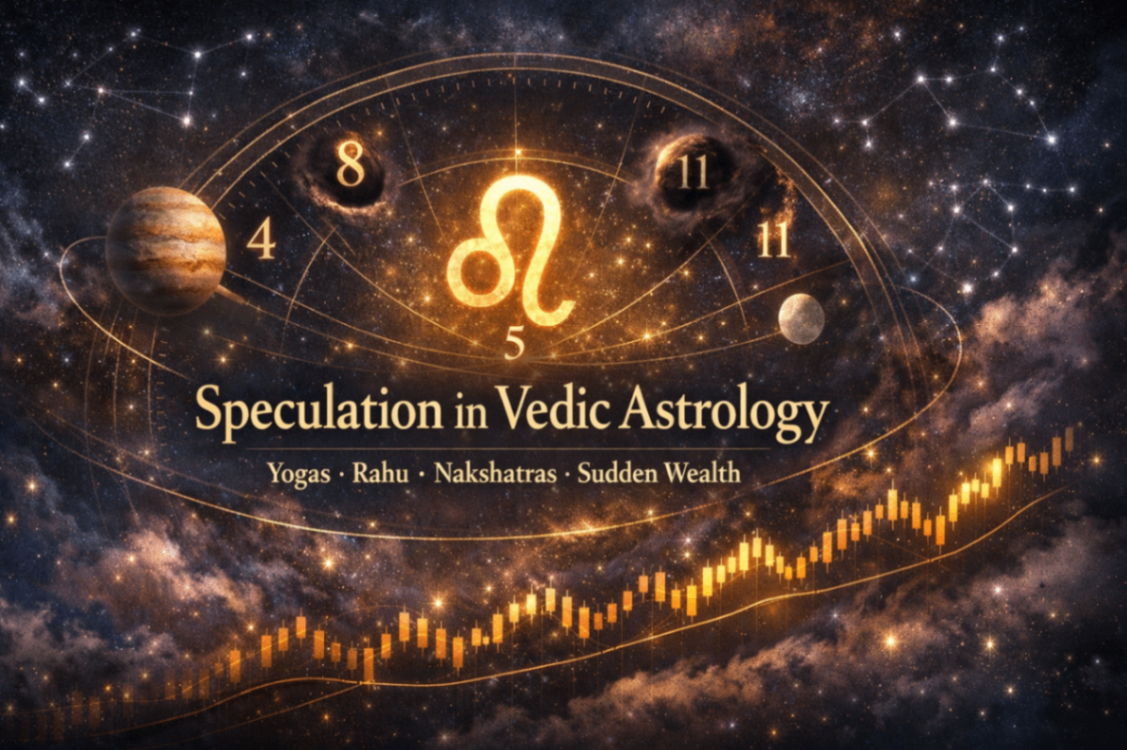Introduction to Vedic Astrology
Vedic astrology, also known as Jyotish, is an ancient science rooted in the Vedas, the ancient Indian scriptures. It is a holistic science that encompasses life as a whole, guiding individuals on how to live in harmony with the universe. Unlike modern astrology, which often focuses on predictions and horoscopes, Vedic astrology is deeply intertwined with the natural world and the laws of nature.
The Importance of the Vedic Lifestyle
Understanding Vedic astrology requires more than just reading charts and making predictions. It demands a lifestyle that is in tune with nature. The Rishis, the ancient sages who developed this science, lived close to nature and followed strict disciplines in their diet, behavior, and thought processes. Their profound knowledge came from living in harmony with the natural world, which modern learners often overlook.
Discipline: The Foundation of Learning
One of the primary requirements for studying Vedic astrology is personal discipline. This involves maintaining a healthy lifestyle, eating the right foods, and cultivating a disciplined mind. Without this foundation, delving into the complexities of Jyotish can lead to confusion and misinterpretation. Discipline helps in aligning oneself with the natural order, making it easier to understand and apply astrological principles.
The Holistic Nature of Vedic Sciences
Vedic astrology is not an isolated science. It is interconnected with other Vedic sciences like Ayurveda, Yoga, and Vastu Shastra. Together, these sciences provide a comprehensive understanding of life and the universe. For instance, understanding Vastu (the science of architecture) can enhance ones practice of Vedic astrology, as both are based on similar principles of balance and harmony.
Common Misconceptions and Modern Challenges
In todays world, the internet and social media are flooded with divergent opinions and information on astrology. This often leads to confusion and misunderstandings. Many people approach Vedic astrology with a pseudo-intellectual mindset, seeking quick answers and predictions without understanding the deeper principles. This superficial approach can lead to chaos and misinformation.
The Role of Nature in Vedic Astrology
Connecting with nature is crucial for understanding Vedic astrology. The Rishis derived their knowledge from observing the natural world, and the same approach should be adopted by modern learners. Observing the stars, the moon phases, and the natural elements helps in developing a deeper connection with the cosmic energies represented by the planets and nakshatras (lunar mansions).
Misuse of Vedic Astrology
Many modern practitioners misuse Vedic astrology for personal gain, offering quick fixes and remedies without proper understanding. This not only misguides people but also accrues negative karma for the practitioners. Vedic astrology should be approached with respect and sincerity, focusing on genuine learning rather than monetization.
The Importance of Accurate Knowledge
Accurate knowledge is the cornerstone of Vedic astrology. Many texts and interpretations available today are not authentic and have been modified over the centuries. It is important to discern what is genuinely from the Rishis and what has been added later. Connecting with nature and developing a sense of common sense can help in distinguishing between true and false information.
Application of Vedic Astrology
Vedic astrology is not just about making predictions. It is about understanding the cosmic design and aligning oneself with it. The planets and nakshatras influence our lives by giving us tendencies and impulses, but it is ultimately our decisions that shape our destiny. Understanding this empowers individuals to take responsibility for their actions and make informed choices.
Common Astrological Practices and Their Pitfalls
Many common practices in Vedic astrology, like general predictions based on moon signs or quick remedies with gemstones, are often misleading. Each individual chart is unique, and broad generalizations do not apply. It is essential to approach each chart with a holistic view, considering all aspects and not just focusing on one or two factors.
Gemstones and Their Impact
Gemstones are often prescribed in Vedic astrology to amplify the energies of specific planets. However, it is crucial to understand that gemstones amplify both positive and negative traits of the planets. They should be used with caution and only under the guidance of a knowledgeable astrologer. Misuse can lead to amplified negative effects rather than the desired positive outcomes.
The Dasha System: Timing of Events
One of the unique aspects of Vedic astrology is the Dasha system, which provides a timeline of planetary influences in an individuals life. Understanding the Dasha system is crucial for accurate predictions and guidance. Transits and planetary positions are important, but they work in conjunction with the Dasha periods, not in isolation.
Responsibility of Astrologers
Astrologers have a significant responsibility towards their clients. Providing accurate and honest guidance is paramount. Misleading people with incorrect information or false promises can have serious consequences. Ethical practice and a sincere approach to learning and applying Vedic astrology are essential for maintaining the sanctity of this ancient science.
Conclusion
Vedic astrology is a profound and sacred science that requires a holistic approach and a disciplined lifestyle. Connecting with nature, understanding the interconnectedness of Vedic sciences, and approaching astrology with sincerity and respect are essential for genuine learning. Avoiding common pitfalls and focusing on accurate knowledge can help in preserving the integrity of this ancient wisdom.
By adopting these principles, modern learners can gain a deeper understanding of Vedic astrology and apply it effectively in their lives, aligning themselves with the cosmic design and making informed choices for a better future.
```
